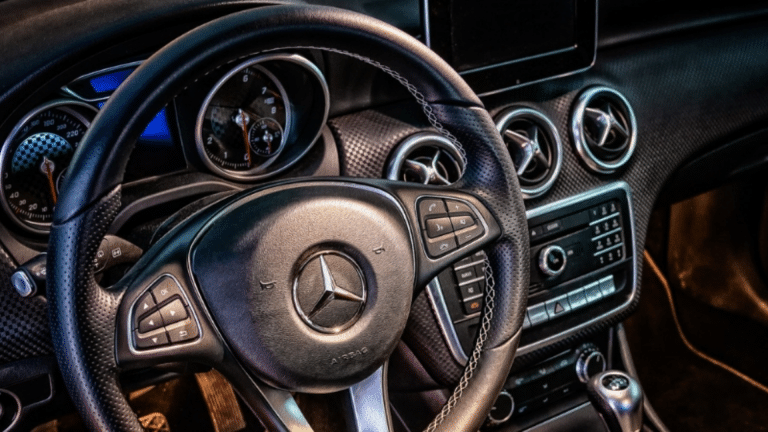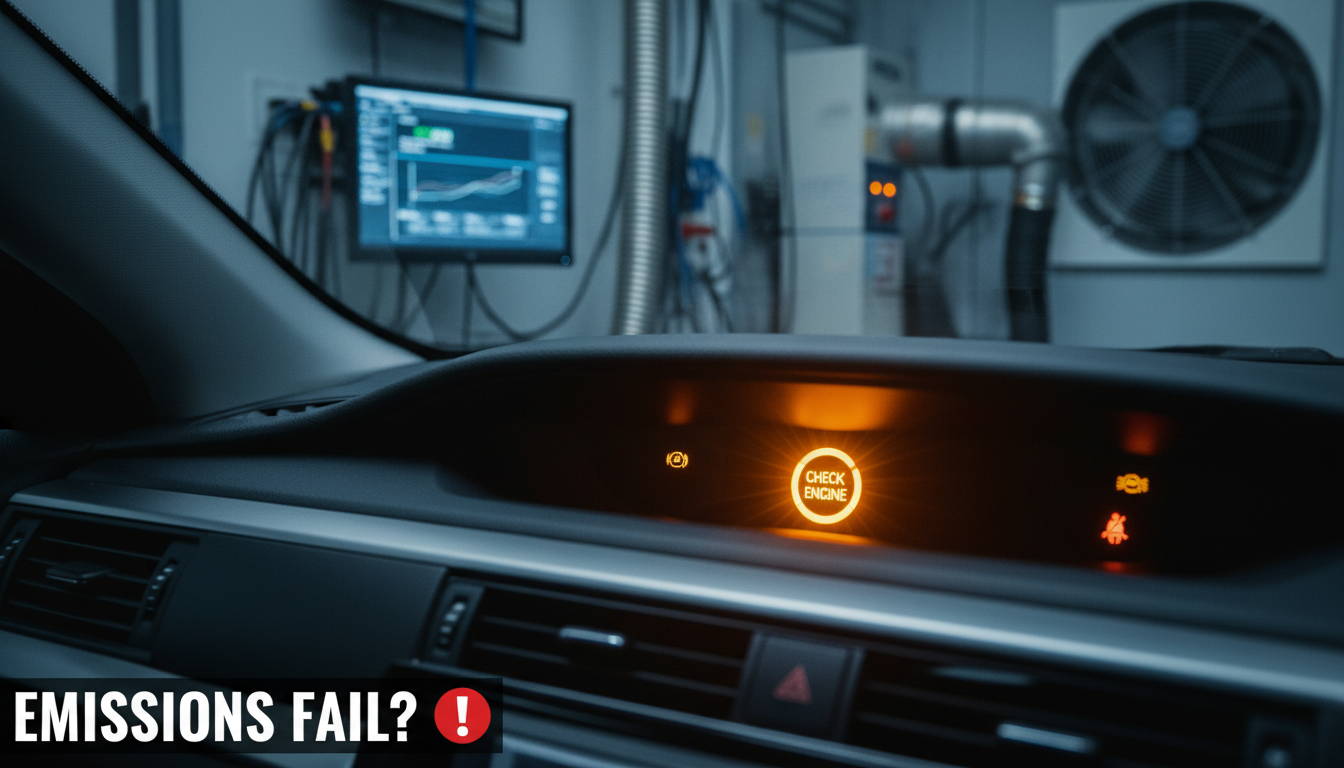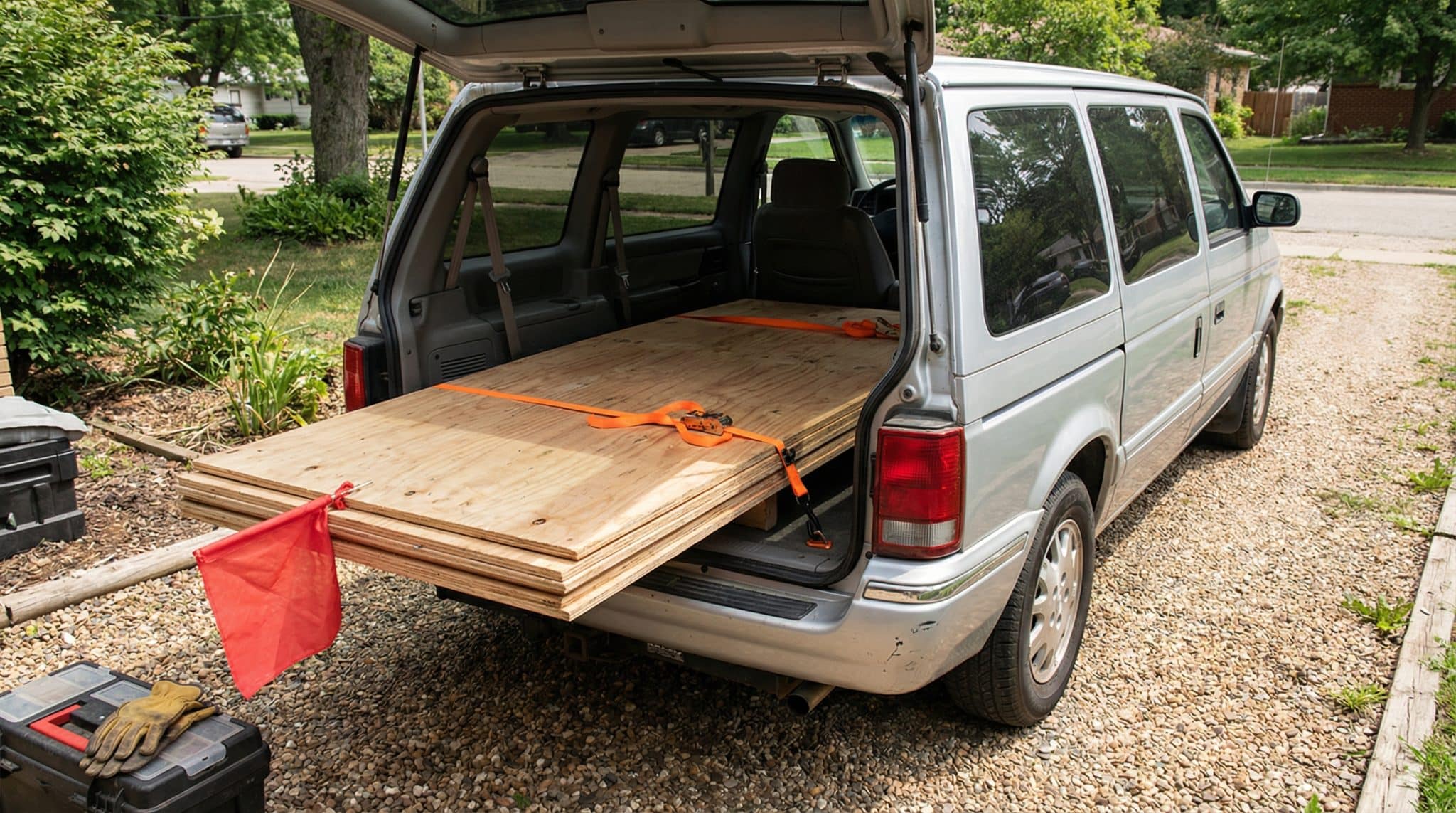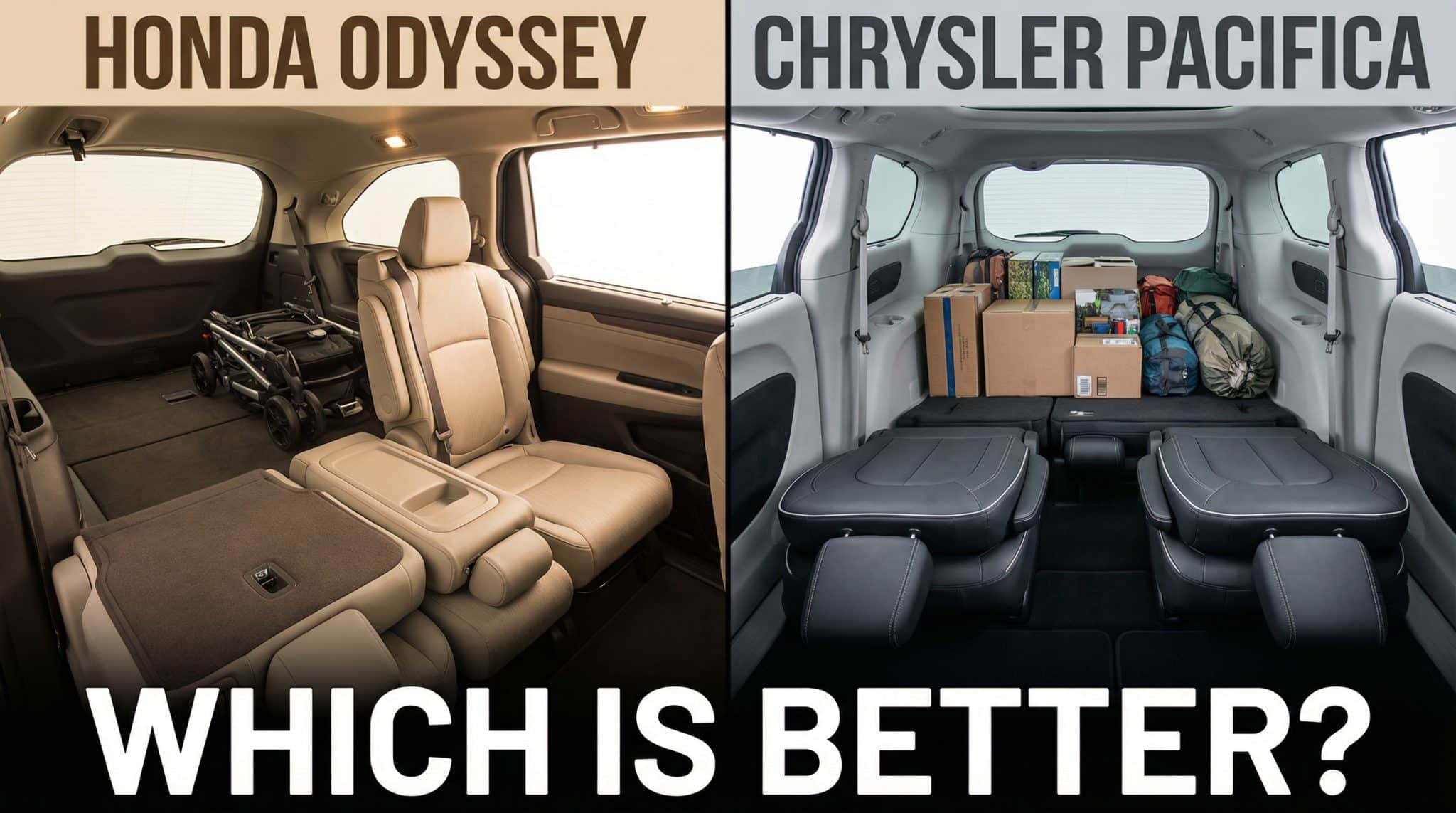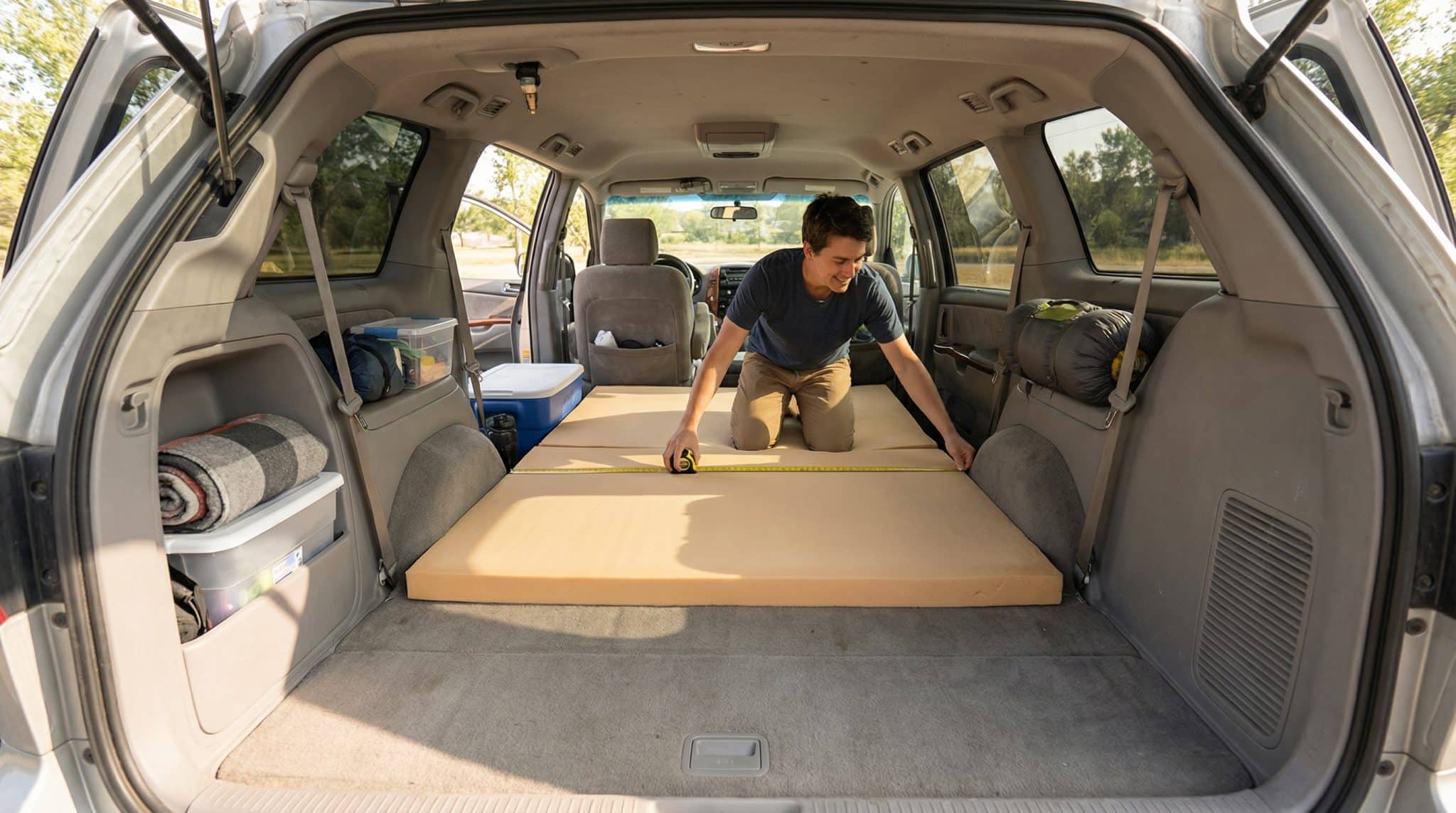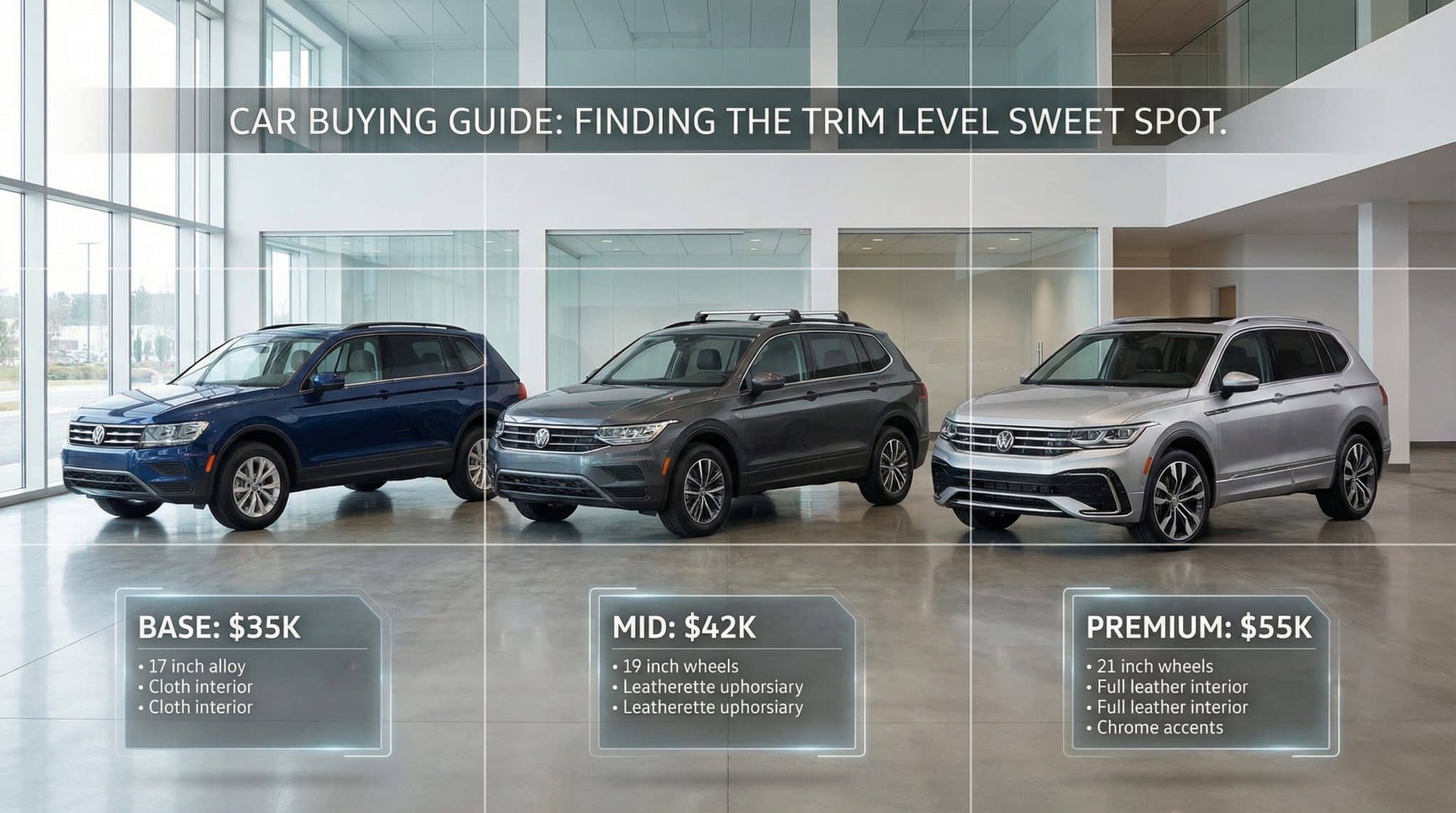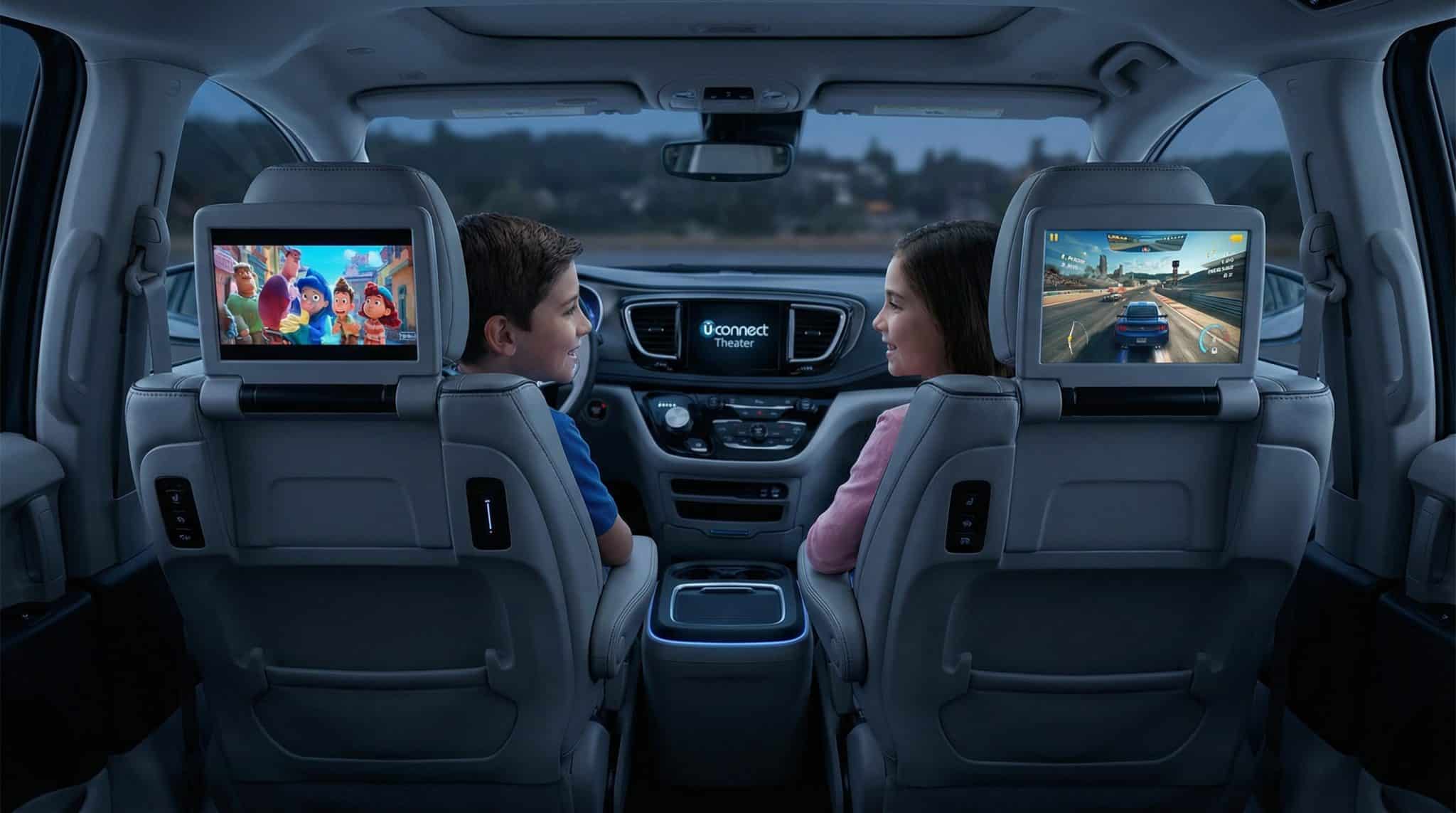Hearing a clicking noise when trying to start your car can be concerning.
From my experience, this sound typically points to an issue with the starting system, like a weak battery or a malfunctioning starter motor.
It’s frustrating, but understanding the possible causes can help you troubleshoot the problem. In most cases, the issue is related to the battery, either because it’s dead, or the terminals are corroded or loose.
Sometimes, a failing starter motor or solenoid can also be to blame. I recommend checking the battery’s charge and cleaning the terminals first, as this is often the easiest fix.
If the issue persists, it might be time to get your car inspected by a professional to pinpoint the exact cause.
Why Is My Car Making a Clicking Noise When Starting?
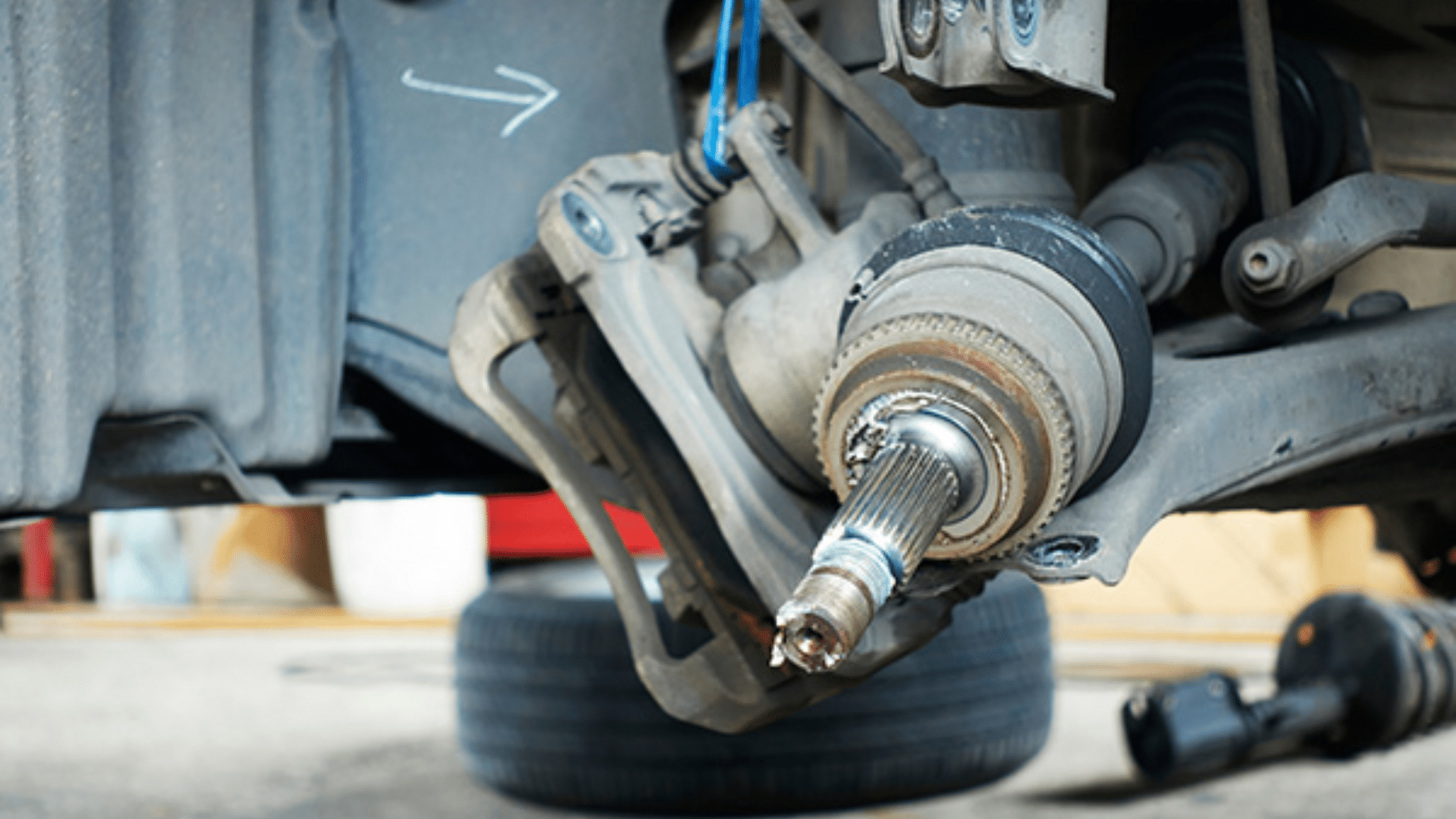
A clicking noise when starting your car usually means that the starter motor is receiving some power, but not enough to turn the engine over.
This sound often occurs when the battery doesn’t have enough charge to fully power the starter motor, which is essential for starting the engine.
A weak or dead battery is a common culprit, especially if the lights and accessories still work but the engine won’t turn over. In some cases, the issue might not be the battery at all but a faulty starter motor or solenoid.
The solenoid, which engages the starter motor, could be damaged and prevent the engine from turning over properly.
Additionally, corrosion or loose connections at the battery terminals can restrict the flow of electricity, also causing the clicking sound. Diagnosing the cause will help you take the right steps to fix it.
Clicking Sound When Driving: Potential Causes
A weak battery, faulty starter motor, corroded or loose battery terminals, or a malfunctioning starter solenoid often cause a clicking noise when starting your car.
1. Dead or Weak Battery
A dead or weak battery is the most common cause of a clicking noise when starting your car; even if your car’s lights and radio work, the battery might not have enough charge to start the engine.
In this case, jump-starting your car can help determine if the battery is the issue. If it works, you likely need to replace the battery.
2. Faulty Starter Motor
If the starter motor is malfunctioning, it may fail to engage the engine properly, resulting in a clicking sound. A damaged starter motor will prevent the engine from turning over, leaving you stuck.
Unfortunately, the only solution to this issue is typically to replace the starter motor with a new one to restore proper function.
3. Corroded or Loose Battery Terminals
Corrosion or loose connections at the battery terminals can restrict power flow to the starter motor, causing the clicking noise.
This issue is often easy to resolve by cleaning the battery terminals and ensuring the connections are securely tightened. Regular maintenance of the battery and its terminals can help prevent this problem.
4. Faulty Starter Solenoid
The starter solenoid plays a crucial role in engaging the starter motor. If the solenoid becomes faulty, it may produce a clicking sound without actually turning the engine over.
In this case, the solenoid will need to be replaced to restore the car’s ability to start. A professional mechanic can help with this repair.
Is It a Rapid Click or a Single Click?
Understanding the clicking noise you hear when trying to start your car can help you pinpoint the issue.
A rapid clicking sound usually indicates that the battery is weak or failing to supply enough power to the starter motor.
This typically happens when the battery doesn’t have sufficient charge to turn over the engine, even though accessories like the dashboard lights or radio may still work.
On the other hand, a single click suggests a more specific issue, such as a malfunctioning starter motor or a problem with the starter relay.
In this case, the battery may still be fine, but the starter motor isn’t engaging properly. In both cases, diagnosing the problem early can save you from further damage or unexpected breakdowns.
How to Diagnose a Clicking Sound When Starting Your Car
Diagnosing a clicking sound when starting involves checking the battery, terminals, and starter motor, as well as considering other components like the solenoid.
- Check the Battery: Measure the battery voltage with a multimeter; a fully charged battery should read around 12.6 volts.
- Inspect the Battery Terminals: Look for corrosion or loose connections that might restrict power flow to the starter motor.
- Try Jump-Starting: If jump-starting the car works, it’s likely the battery is weak or dead.
- Listen for the Clicking Sound: If the clicking comes from the engine area, it could be the starter motor or solenoid.
- Check the Starter Motor: A malfunctioning starter motor may need replacement if the clicking persists after ensuring the battery and terminals are fine.
- Test the Solenoid: If the solenoid doesn’t engage the starter motor, it may need replacing.
- Consult a Mechanic: If you’re unsure or unable to resolve the issue, seek professional help for a more accurate diagnosis.
How to Prevent Clicking Sounds in Your Car
Taking care of your car’s electrical and mechanical components can help prevent clicking sounds from occurring when starting or driving.
- Regularly Check the Battery: Keep your battery fully charged and inspect it for signs of wear or damage.
- Maintain Clean Battery Terminals: Clean the battery terminals to remove corrosion and ensure tight, secure connections.
- Replace Worn Starter Motors: If your starter motor is showing signs of wear, replace it before it fails completely.
- Inspect the Solenoid: Regularly check the starter solenoid for proper function and replace it if it begins to malfunction.
- Address Corrosion and Rust: Prevent corrosion by keeping the engine clean and treating metal parts with anti-corrosive products.
- Get Regular Car Inspections: Schedule regular maintenance checks to catch issues early and prevent unexpected breakdowns.
- Avoid Overloading the Electrical System: Turn off unnecessary electrical systems when starting your car to reduce strain on the battery and starter motor.
When to Seek Professional Help for a Clicking Sound?
If you’ve tried troubleshooting a clicking sound in your car and the issue persists, it’s time to seek professional help.
A clicking noise could be caused by a weak or dead battery, loose terminals, or a malfunctioning starter motor, but if the problem goes beyond simple fixes like cleaning terminals or jump-starting, a mechanic should inspect the car.
If the starter motor, solenoid, or other electrical components are faulty, these are not repairs you should attempt on your own, as improper handling can lead to more damage.
Additionally, if you notice other issues like difficulty turning the key, your car not starting despite a charged battery, or electrical problems, it’s essential to have a professional diagnose and repair the problem.
Ignoring the clicking sound could lead to a complete failure of your starting system or even other, more expensive issues down the line.
Conclusion
A clicking sound when starting your car can be a sign of several issues, ranging from a weak battery to a malfunctioning starter motor or solenoid.
I understand how frustrating it can be when your car doesn’t start, but diagnosing the cause early can help prevent more serious damage.
In most cases, the problem is simple to fix, like cleaning the battery terminals or jump-starting the car. However, if the issue persists, it’s important to have a professional mechanic take a look.
Ignoring the problem could lead to more costly repairs down the road. If you’re unsure, I recommend getting your car inspected as soon as possible.
Don’t wait until the clicking sound becomes a bigger issue- take action today to keep your car running smoothly.
Frequently Asked Questions
Can a clicking noise mean something other than a battery issue?
Yes, while a weak battery is the most common cause, issues with the starter motor, solenoid, or battery terminals can also produce a clicking sound.
How can I tell if my battery is the problem?
If jump-starting the car resolves the issue, the battery is likely the problem. If the problem persists, further inspection of the starter system is needed.
Is it safe to drive with a clicking noise?
If the car starts after the clicking noise, it’s generally safe to drive. However, if the car doesn’t start or the noise continues, it’s best to have the vehicle inspected by a mechanic.
How often should I check my car’s battery?
It’s recommended to check your car’s battery at least once a year, especially before extreme weather conditions that can affect battery performance.


